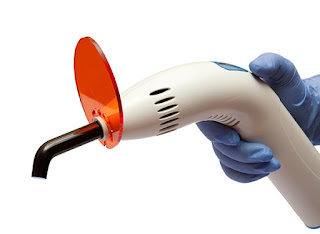As a periodontist, we treat patients suffering from gum disease. If you are currently wearing a partial set of dentures or even a full set of dentures, it is important that you pay attention to your health. In both cases, the health of your gums is going to directly impact how comfortable your dentures are to wear and whether or not they will fit securely. If you suddenly have loose-fitting dentures, this could be a sign that you have gum disease or that you are suffering from resorption. In either case, we encourage you to visit our dental office so that we can examine you and determine if there are any health conditions that need to be addressed right away.
A Periodontist Can Inspect Your Gums
If you are demonstrating signs of gum disease, we encourage you to call our office and schedule an examination. This is necessary for ensuring that we can catch gum disease in its early stages and provide you with fast treatment. Doing so will ensure that your teeth are not at risk of becoming infected as well.Here are some signs that you can watch for:
- Bleeding gums. When you brush your gums at night look for signs of bleeding. A little blood on your toothbrush is nothing to be alarmed about as long as it happens infrequently. However, if your gums are bleeding every night or they are bleeding significantly, this is a clear sign of gum disease that demands attention and you should schedule an appointment.
- Red and swollen gums. If your gums are red and swollen they could simply be irritated by your dentures or you could be suffering from gum disease. Again, it is best if we catch gum disease before it causes a serious infection so schedule an appointment for your examination.
- Teeth that look long or larger than normal. If you have noticed that your remaining natural teeth are looking significantly longer than they used to, it could be a sign of gum recession. This happens when gum disease has advanced and your gums begin to pull away from your tooth structure exposing more of your actual tooth, and sometimes your roots. At first, your teeth will appear larger or longer than they used to so this is an important sign to watch for.
- Loose teeth or dentures. If your dentures or any remaining teeth are loose this could be indicative of you having gum disease. Gum disease is the leading cause of tooth loss so this is nothing that should be ignored.





 As a
As a  As a
As a